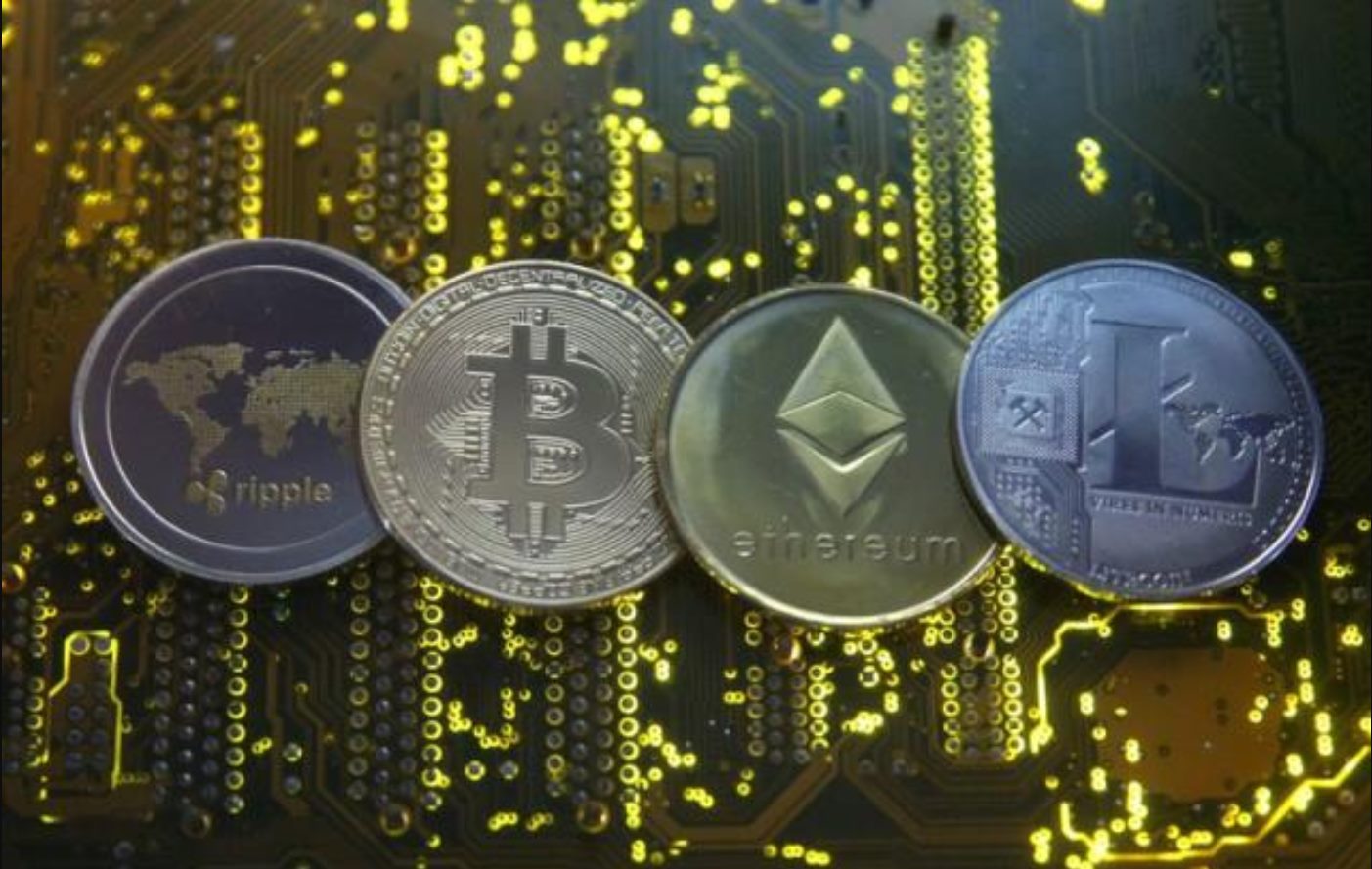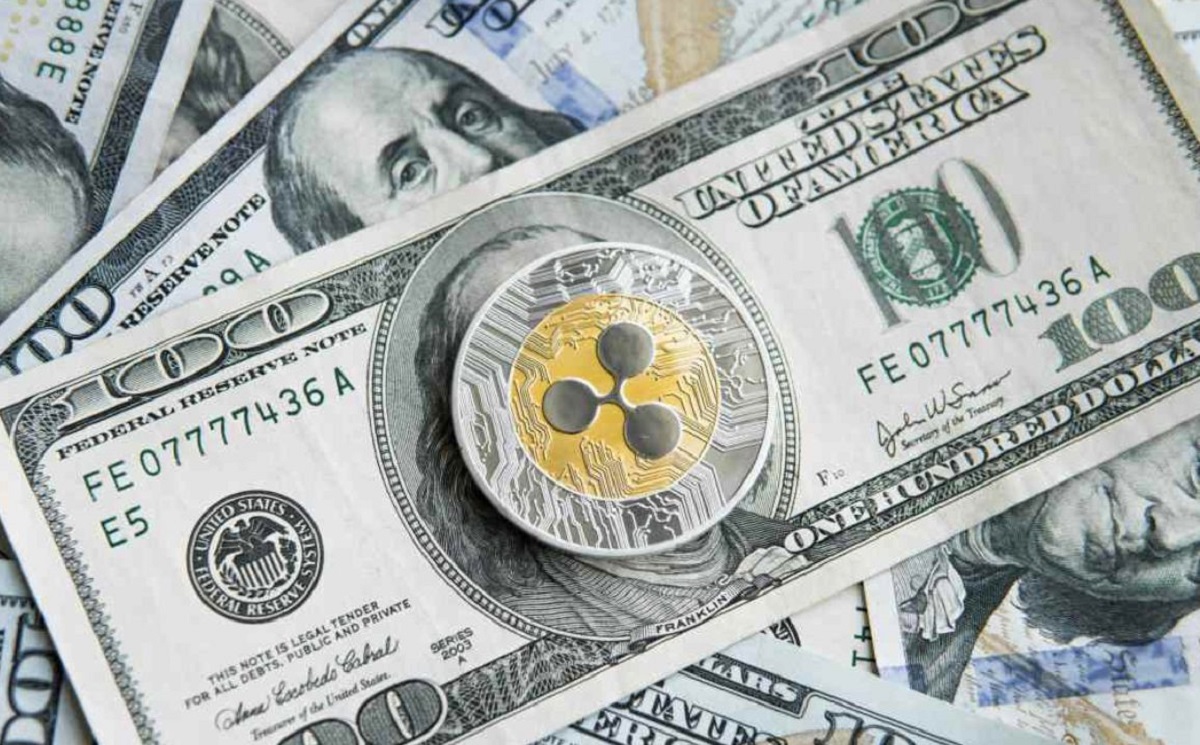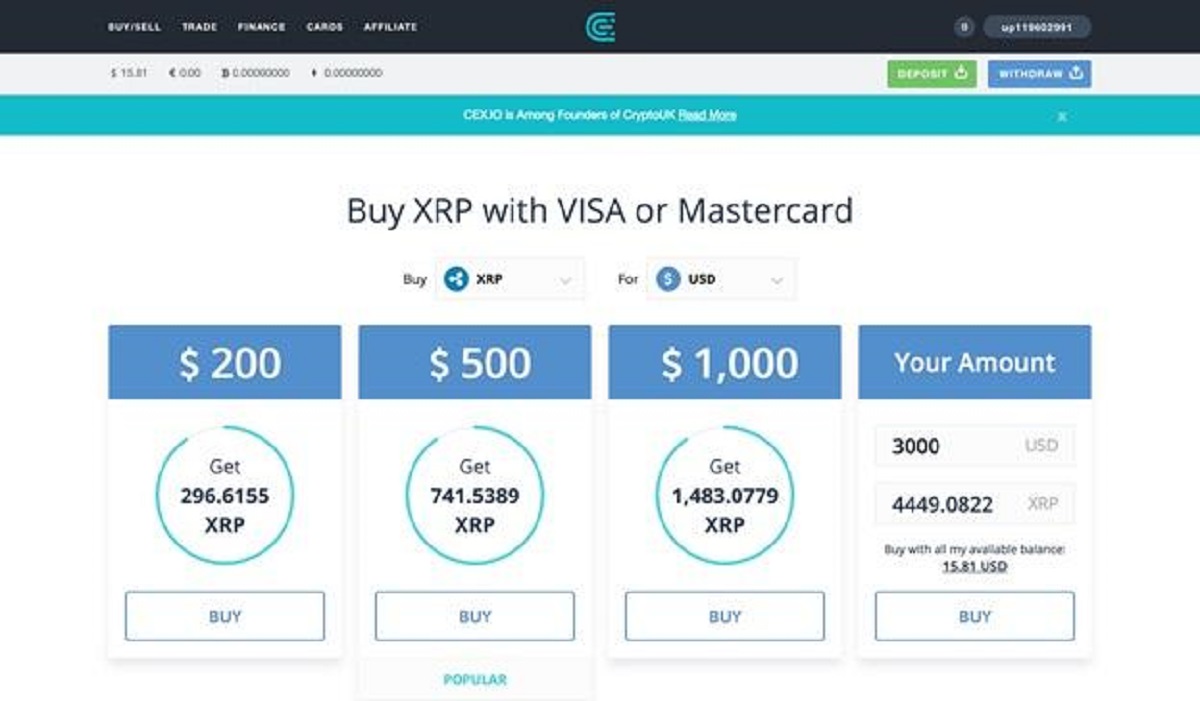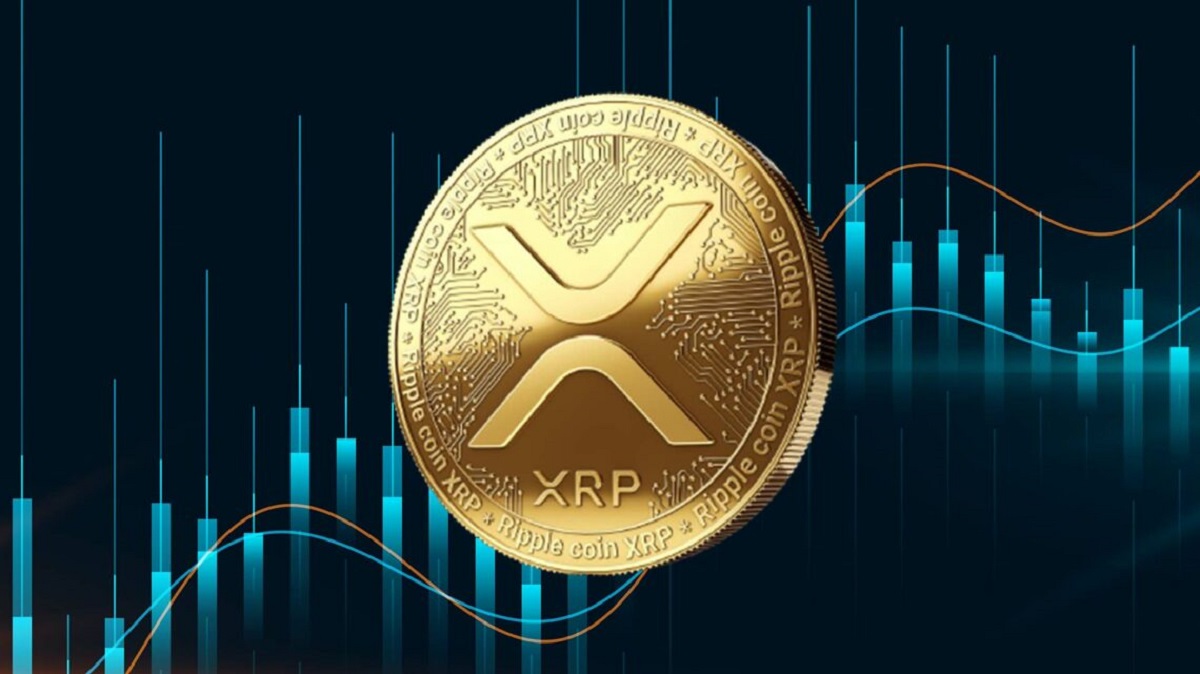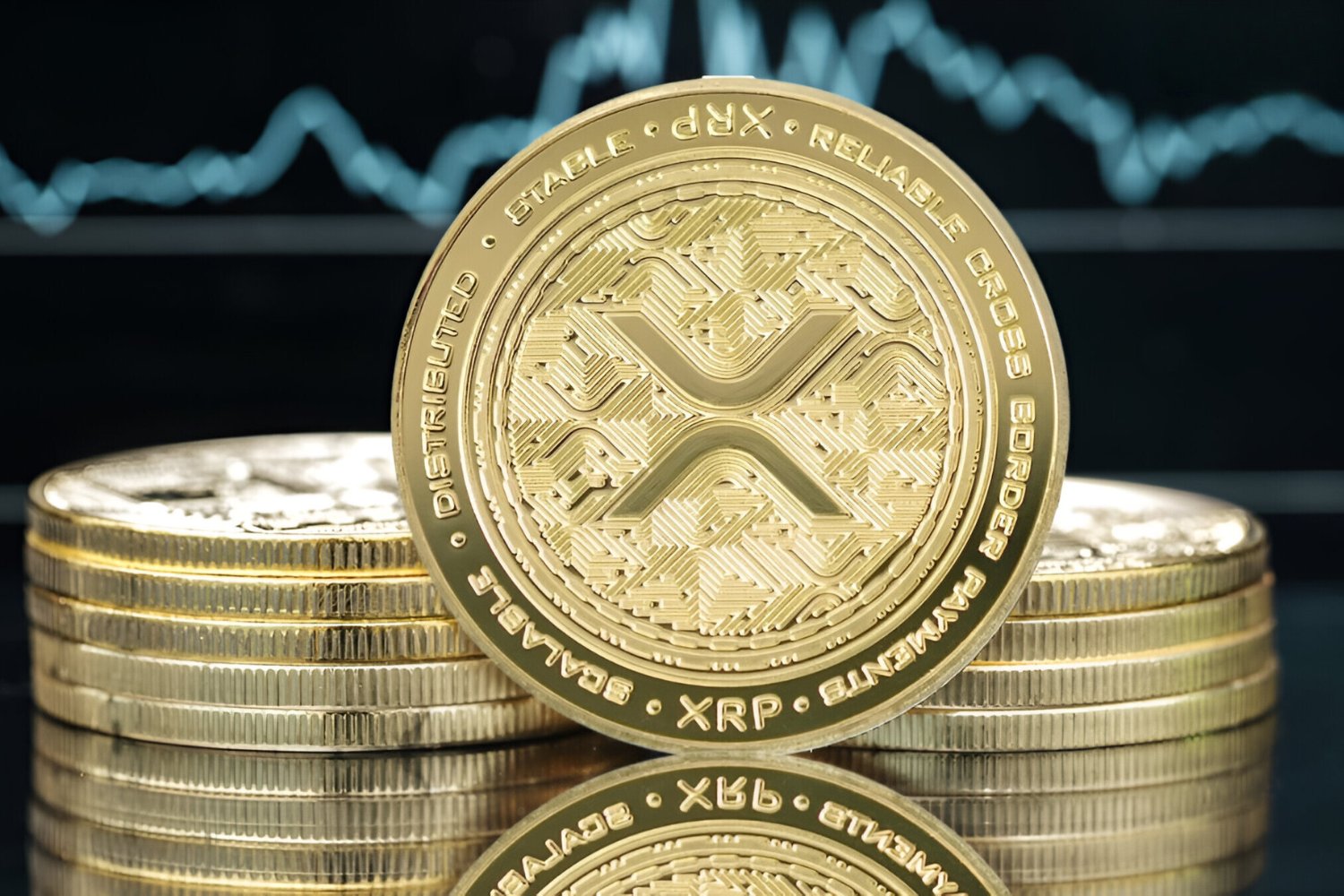Introduction
Welcome to this article on the much-debated topic of “When is Ripple coming to Coinbase?” If you’ve been following the cryptocurrency world, you may be aware that Ripple (XRP) has become one of the most popular and actively traded digital assets in recent years. With its growing market presence and unique technology, many investors and cryptocurrency enthusiasts have been eagerly anticipating Ripple’s addition to Coinbase, one of the largest and most trusted cryptocurrency exchanges.
However, despite the widespread speculation and demand for Ripple on Coinbase, the situation remains unresolved. This has left many users wondering why Ripple has not yet been added to the platform and when, if ever, it will make its debut. In this article, we will delve into the background of Coinbase and Ripple, discuss the reasons behind Ripple’s absence from Coinbase, explore recent news and developments in this regard, and ponder the potential impact that Ripple’s addition to Coinbase could have on both parties.
Coinbase, founded in 2012, has established itself as a go-to platform for buying, selling, and storing various cryptocurrencies. It boasts an impressive user base and has gained a reputation for being user-friendly and secure. As a result, the addition of a new cryptocurrency to Coinbase often generates significant interest and speculation within the crypto community.
Ripple, on the other hand, stands out as a unique digital currency and technology platform. It aims to revolutionize global financial transactions by enabling secure, fast, and low-cost cross-border transfers. Ripple has garnered attention not only from individual investors but also from major financial institutions such as American Express, Santander, and Standard Chartered.
Given the surge in popularity and the potential value of Ripple, it seems only natural that users and investors are eagerly awaiting its arrival on Coinbase. However, despite Ripple’s increasing prominence in the crypto market, it has yet to secure a listing on Coinbase. This has led to much speculation and debate surrounding the reasons behind this omission.
Stay tuned as we delve deeper into the possible reasons behind Ripple’s absence from Coinbase and explore recent news and developments that may shed light on this topic. So, let’s dive in and uncover the mysteries surrounding Ripple’s potential integration with Coinbase!
Background of Coinbase and Ripple
To understand the significance of Ripple’s potential addition to Coinbase, it is essential to have some background knowledge on both platforms.
Coinbase, as mentioned earlier, was established in 2012 and has emerged as one of the leading cryptocurrency exchanges in the world. It offers a user-friendly interface that allows individuals to buy, sell, and store digital currencies such as Bitcoin, Ethereum, and Litecoin. What sets Coinbase apart is its emphasis on security and regulatory compliance. It has earned the reputation of being a reliable and trustworthy platform for cryptocurrency transactions.
Ripple, on the other hand, is not just a cryptocurrency; it is also a technology platform designed to facilitate fast, secure, and low-cost cross-border transactions. Ripple aims to revolutionize the traditional banking system by providing an efficient alternative to the existing correspondent banking model. Using its native digital asset, XRP, Ripple enables real-time settlement of international payments, making it an attractive solution for financial institutions seeking to streamline their operations.
Ripple’s technology has gained recognition from major players in the financial industry. Established partnerships with renowned institutions like American Express and Santander have further validated Ripple’s capabilities and potential.
With Coinbase’s history of listing and supporting prominent cryptocurrencies, such as Bitcoin and Ethereum, many believed it was only a matter of time before Ripple would join the ranks. However, despite the anticipation and user demand, Ripple has still not made its way onto the Coinbase platform.
While Coinbase has shown an openness to introducing new cryptocurrencies, the selection process is meticulous. The criteria for listing a cryptocurrency on Coinbase include factors such as market liquidity, regulatory compliance, security, and the project’s team and technology.
Given Ripple’s significant market capitalization and widespread adoption by financial institutions globally, it might be surprising to some that it has not yet attained the coveted Coinbase listing. However, it’s important to remember that Coinbase maintains strict adherence to regulatory requirements. The absence of Ripple on Coinbase may indicate ongoing evaluations by Coinbase’s team to ensure that Ripple meets their stringent listing criteria.
As we move forward in this article, we will explore the potential reasons behind Ripple’s exclusion from Coinbase and analyze recent news and developments that might shed light on this matter. On that note, let’s delve deeper into the mystery surrounding Ripple’s potential integration with Coinbase!
Why is Ripple not on Coinbase?
The absence of Ripple (XRP) from the Coinbase platform has left many users and enthusiasts wondering about the reasons behind its exclusion. While Coinbase has remained tight-lipped regarding specific details, several factors could potentially shed light on why Ripple has not yet made its way to the popular cryptocurrency exchange platform.
Firstly, regulatory compliance may play a significant role in Ripple’s absence from Coinbase. As a US-based exchange, Coinbase must adhere to stringent regulatory requirements imposed by various authorities. The regulatory landscape surrounding cryptocurrencies is still evolving, and certain jurisdictions may have specific guidelines or restrictions on listing digital assets. Given the unique nature of Ripple as both a cryptocurrency and a technology platform, ensuring compliance with existing regulations may be a complex process for Coinbase.
Secondly, Coinbase has historically prioritized cryptocurrencies with a high level of market liquidity and established trading volumes. Ripple, with its large circulating supply and popularity among financial institutions, may face challenges in meeting Coinbase’s requirements in this regard. Coinbase aims to provide a liquid and stable trading environment for its users, and the inclusion of cryptocurrencies with significant market liquidity helps achieve this goal.
Another factor that could contribute to Ripple’s exclusion is the ongoing scrutiny and debate surrounding its classification as a security. The question of whether Ripple should be considered a security under US securities laws is a contentious one. The outcome of this debate could potentially impact its listing on Coinbase, as the exchange may be hesitant to list assets whose regulatory status is still uncertain.
Moreover, the technological considerations concerning Ripple’s unique consensus algorithm, known as the Ripple Protocol Consensus Algorithm (RPCA), could also contribute to its absence from Coinbase. Coinbase may need to carefully evaluate the compatibility and integration of Ripple’s technology with its existing infrastructure. Ensuring a seamless and secure user experience is a top priority for Coinbase, and technical compatibility may be a crucial factor determining the listing of Ripple.
While these factors may offer some insight into why Ripple has not yet been listed on Coinbase, it is important to note that the cryptocurrency landscape is rapidly evolving. Coinbase frequently reviews and evaluates potential additions to its platform, and circumstances can change over time. Recent developments in the industry may pave the way for Ripple’s eventual listing on Coinbase, should the factors that have hindered its inclusion be addressed.
In the upcoming sections, we will delve into recent news and developments related to Ripple and Coinbase to gather a deeper understanding of the potential future prospects for Ripple’s addition to Coinbase.
Recent News and Developments
In recent times, there have been several noteworthy news and developments surrounding both Ripple and Coinbase, raising hopes and speculations about the potential integration of Ripple into the Coinbase platform. Let’s delve into some of these key events:
One significant development is the ongoing legal battle between Ripple Labs, the company behind Ripple, and the U.S. Securities and Exchange Commission (SEC). The SEC filed a lawsuit against Ripple Labs, alleging that the company conducted an unregistered securities offering by selling XRP tokens. This legal dispute has raised questions about Ripple’s regulatory status and potential impact on its listing on major exchanges like Coinbase. The outcome of this case could have far-reaching implications for Ripple and potentially influence Coinbase’s decision regarding its inclusion on the platform.
Furthermore, Ripple’s partnerships and collaborations have continued to strengthen its position in the crypto market. The company has formed strategic alliances with various financial institutions worldwide, aiming to leverage its technology for seamless cross-border transactions. These partnerships include collaborations with MoneyGram, Santander, and SBI Holdings, among others. Such partnerships not only showcase Ripple’s growing influence but could also enhance its chances of being listed on Coinbase.
In terms of Coinbase, the popular exchange has been actively expanding its offerings and venturing into new territories. Coinbase went public with a direct listing on the Nasdaq in April 2021, attracting immense attention and affirming its position as a leading player in the cryptocurrency industry. This move has provided Coinbase with increased capital and visibility, potentially paving the way for more partnerships and listings in the future, including Ripple.
Moreover, Coinbase has demonstrated a willingness to expand its range of supported cryptocurrencies. In recent years, the exchange has added several new digital assets to its platform, such as Ethereum Classic (ETC), Chainlink (LINK), and Filecoin (FIL). This indicates that Coinbase is open to considering new cryptocurrencies that meet its stringent criteria. While Ripple’s exclusion may be due to various factors, Coinbase’s ongoing expansion and the addition of new assets offer hope for Ripple enthusiasts.
While recent news and developments may provide some insights, it is important to approach them with caution as the cryptocurrency market is highly dynamic and subject to constant change. The inclusion of Ripple on Coinbase remains uncertain, and it may take time for significant developments to materialize. Nonetheless, staying informed about the latest news and updates surrounding Ripple and Coinbase will be crucial in understanding any potential advancements in the future.
As we move forward, we will explore the potential implications that Ripple’s addition to Coinbase could have on both parties, as well as the broader cryptocurrency ecosystem.
Possibility of Ripple being added to Coinbase
The possibility of Ripple (XRP) being added to Coinbase, one of the largest and most popular cryptocurrency exchanges, has been a subject of intense speculation and discussion among the crypto community. While no official announcement has been made regarding Ripple’s inclusion on the platform, there are several factors that suggest a potential for it to happen in the future.
First and foremost, Coinbase has a track record of expanding its offerings and listing new cryptocurrencies. Over the years, the exchange has added numerous digital assets to its platform, aiming to meet the demands of its users and stay competitive in the market. Given Ripple’s significant market capitalization and growing popularity, it seems plausible that Coinbase would consider adding it to its portfolio of supported cryptocurrencies.
Additionally, Coinbase has emphasized its commitment to regulatory compliance and security. As Ripple continues to navigate the legal battle with the SEC, a resolution of the litigation and a clearer regulatory status for XRP could potentially pave the way for its listing on Coinbase. A favorable outcome in the legal proceedings could alleviate any concerns Coinbase may have had about the regulatory implications of adding Ripple to its platform.
The growing partnerships and collaborations of Ripple with major financial institutions also work in favor of its potential integration with Coinbase. Ripple’s technology and its goal of revolutionizing cross-border payments have attracted notable partnerships, including collaborations with American Express and Santander. These partnerships validate the utility and potential of Ripple’s technology, making it an attractive asset for Coinbase to consider listing.
Furthermore, the recent direct listing of Coinbase on the Nasdaq has provided the exchange with increased resources and visibility. Coinbase’s successful debut in the stock market has solidified its position as a leader in the cryptocurrency industry. This enhanced status and access to capital could potentially open doors for Coinbase to expand its offerings and explore new listings, including Ripple.
While these factors suggest a possible future addition of Ripple to Coinbase, it is important to note that the decision ultimately lies in the hands of Coinbase and its evaluation of Ripple’s compliance with their listing criteria. Coinbase maintains strict standards when it comes to the assets it lists, taking into consideration factors such as market liquidity, regulatory compliance, and technological compatibility.
Despite the ongoing speculation, it is crucial to remain cautious and avoid making definitive predictions about Ripple’s inclusion on Coinbase. The cryptocurrency market is ever-evolving, and unforeseen developments or regulatory changes could influence Coinbase’s decision-making process. Staying informed about the latest news and developments regarding Ripple and Coinbase will provide valuable insights into the potential of Ripple being added to the platform.
As we explore the potential impact of Ripple’s listing on Coinbase in the next section, we will further delve into the implications it could have on both Ripple and Coinbase, as well as the broader cryptocurrency ecosystem.
Potential Impact on Ripple and Coinbase
The potential inclusion of Ripple (XRP) on Coinbase, one of the largest and most influential cryptocurrency exchanges, could have significant implications for both Ripple and Coinbase themselves, as well as the broader cryptocurrency ecosystem.
For Ripple, being added to Coinbase would provide a substantial boost in visibility, liquidity, and accessibility. Coinbase boasts a large user base, making it a go-to platform for many cryptocurrency traders and investors. The listing of Ripple on Coinbase would grant it exposure to this vast user base, potentially leading to increased adoption and trading volume for XRP. This enhanced liquidity and accessibility could further solidify Ripple’s position in the cryptocurrency market.
In addition, the Coinbase listing could improve Ripple’s credibility and reputation, particularly among retail investors who rely on Coinbase for their cryptocurrency transactions. Being listed on Coinbase would signal a level of trust and endorsement from a leading exchange, attracting new investors who may have been hesitant to engage with Ripple in the past.
Furthermore, the integration with Coinbase would likely result in a surge in demand for Ripple. Coinbase’s user-friendly interface and seamless user experience make it an appealing platform for newcomers to the cryptocurrency space. As more users discover and invest in Ripple through Coinbase, its price may experience positive momentum, potentially benefitting existing Ripple holders.
From Coinbase’s perspective, the addition of Ripple to its platform could provide several advantages as well. Firstly, Ripple’s inclusion would expand Coinbase’s selection of supported cryptocurrencies, catering to the growing demand for XRP trading. This increased variety of cryptocurrencies can attract new users and help Coinbase maintain its position as a leading exchange in the crypto market.
Moreover, Ripple’s unique technology may offer synergistic benefits to Coinbase’s operations. Ripple’s focus on cross-border payments and its partnerships with major financial institutions could potentially open doors for strategic collaborations and innovative solutions within the Coinbase ecosystem. This could further differentiate Coinbase from its competitors and contribute to its long-term growth and success.
The impact of Ripple’s addition to Coinbase would extend beyond the two entities themselves. The broader cryptocurrency ecosystem would likely experience a ripple effect (pun intended), with increased attention and interest in XRP. This could potentially lead to positive spillover effects for other cryptocurrencies as well, as the listing of a prominent asset like Ripple on a renowned exchange reinforces the credibility and legitimacy of the overall market.
It is important to note that the potential impact on Ripple and Coinbase will largely depend on market conditions, regulatory developments, and the specific dynamics of the cryptocurrency market. While the addition of Ripple to Coinbase holds promise, it is essential to closely monitor future updates and announcements to gauge the exact ramifications for both Ripple and Coinbase.
Now that we have explored the potential impact of Ripple’s listing on Coinbase, let’s wrap up this article by summarizing the key insights and discussing the overall significance of this topic.
Final Thoughts
The question of “When is Ripple coming to Coinbase?” has been a subject of much speculation and anticipation within the cryptocurrency community. While Ripple’s inclusion on Coinbase has not yet materialized, there are several factors that indicate the potential for it to happen in the future.
Throughout this article, we explored the background of both Coinbase and Ripple, delving into the reasons why Ripple has not yet been added to the platform. We discussed regulatory compliance, market liquidity, technological compatibility, and the ongoing legal battle with the SEC as potential contributing factors to Ripple’s exclusion from Coinbase.
Recent news and developments around Ripple and Coinbase have raised hopes for a potential listing. The partnerships Ripple has formed with major financial institutions, Coinbase’s expansion and direct listing on the Nasdaq, and Ripple’s ongoing legal proceedings against the SEC all hint at the possibility of future integration.
If Ripple were to be added to Coinbase, it would have wide-ranging impacts. For Ripple, it would enhance visibility, liquidity, and credibility, potentially leading to increased adoption and trading volume. For Coinbase, it would expand its selection of supported cryptocurrencies and potentially open opportunities for collaborations and innovation. The broader cryptocurrency ecosystem would likely feel the effects, with heightened attention and validation of the market.
However, it is important to approach this topic with caution. The cryptocurrency landscape is dynamic, and market conditions, regulatory developments, and technological considerations may influence the decision-making process. Staying informed about the latest news and updates surrounding Ripple and Coinbase will be crucial in assessing the likelihood and timing of Ripple’s potential inclusion.
As the cryptocurrency industry continues to evolve, it will be fascinating to witness how Ripple and Coinbase navigate the changing landscape. Whether Ripple eventually joins Coinbase or not, the excitement and anticipation surrounding this topic demonstrate the strong interest and potential of both Ripple and Coinbase in shaping the future of digital currencies.
So, as the industry evolves and new developments unfold, let’s keep a close eye on Ripple and Coinbase, and their potential impact on the ever-expanding world of cryptocurrencies.









